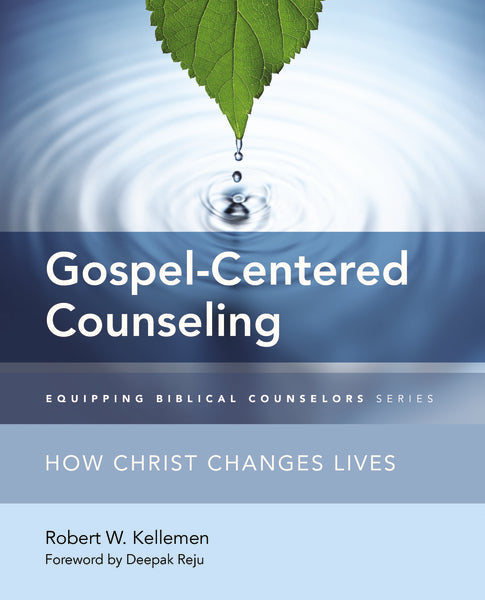Ashley and her husband, Nate, met with me at church the day after their twin sons’ eleventh birthday. With tears streaming down her face, Ashley shared that twenty-five years earlier, not long after her eleventh birthday, a relative had begun sexually abusing her.
Those who knew Ashley would have been shocked. She grew up in a Christian home, was active at church as an adult, served as a leader in the women’s ministry, and was always “pleasant.”
As Ashley described herself, “Yes, I’m the good girl from the good home. The good mom; the good wife. But nobody knows the ugliness I feel inside. Nobody knows how I’ve pretended and denied all these years. I just can’t keep faking it any longer. I’m a mess. Depressed to the point that at times I’ve thought about suicide. Always fearful and anxious — terrified I’ll displease someone. Terrified someone will find out what an empty but evil thing I am…”
As Ashley’s voice trailed off, Nate asked, “Pastor Bob, can you help? Does the Bible offer any hope for my wife?”
How you or I respond to Ashley’s soul struggles and to Nate’s life questions depends on how we answer several other foundational questions:
- Truth Questions: “Where do we find wisdom for life in a broken world? How do we view God’s Word for the personal ministry of the Word?”
- Life Questions: “What does it look like to live a whole life in a broken world? What is the purpose of life?”
- Counseling Questions: “What is the ultimate focus of wise and loving counseling in a broken world — what does help look like? How can gospel-centered counselors minister to saints who are facing suffering and fighting besetting sins — what does hope look like?”
I’ve written the book Gospel-Centered Conversations to address these vital questions.
I desire to increase our confidence in God’s Word for life in a broken world and increase our competence in applying Christ’s changeless truth to change lives.
I want to equip you to view and use the Bible in a new way — the gospel narrative way.
The Good News: The Epicenter of the Good Book
When people come to us as biblical counselors, we don’t shout, “Gospel!” as if it’s some magic wand. Instead, we first understand the gospel story, then we seek to understand our friend’s story, then we journey together to intersect God’s eternal story and their temporal story. I picture it as pivoting back and forth with our friends between the larger story of the gospel and the smaller (but real and meaningful) story of their life. We earn the right to bring God’s perspective to bear on our friends’ lives by first listening well to their life story. Gospel-centered counseling means that together with our counselees we derive our understanding of earthly life from heaven’s viewpoint.
To view the Bible accurately and use the Bible competently, we must understand the Bible’s story the way God tells it — as a gospel victory narrative.
When folks like Ashley and Nate ask for help and hope, the church does not have to feel inferior and refer them to “outside experts.” We don’t have to simply sprinkle in a few Christian principles alongside the world’s wisdom. We don’t have to follow the shallow concordance approach of one problem, one verse, one answer.
Remedying these approaches involves understanding the Bible’s grand narrative and connecting it with wisdom to our daily lives. The Bible’s drama of redemption provides the context from which we offer wise biblical counsel. Our imaginations must become captive to Scripture so that the Bible’s narrative becomes the governing framework for how we speak truth in love. Our role is to help one another to re-narrate our lives in light of the good news of Jesus Christ.
However, this still leaves some questions: “Does the gospel narrative approach mean that we ignore everything the world has to say about life struggles? Do we disregard valid scientific research? Do we refuse to consider medication if and when life struggles may have a physiological component?” We might imagine that we are the first generation of Christians to have to sift through complex questions like this, but that’s not true. In my book Gospel-Centered Counseling, let’s explore Colossians 2 to address these important issues that we must not and cannot ignore.
—Robert W. Kellemen, Gospel-Centered Counseling: How Christ Changes Lives, volume one in the two-part Equipping Biblical Counselors series.
How to Use This Book
Gospel-Centered Counseling along with Gospel Conversations, will help you weave together truth and love – so you can provide comprehensive biblical wisdom and compassionate Christlike care. These books will equip pastors for providing help and hope to those who deeply need biblical counsel.

